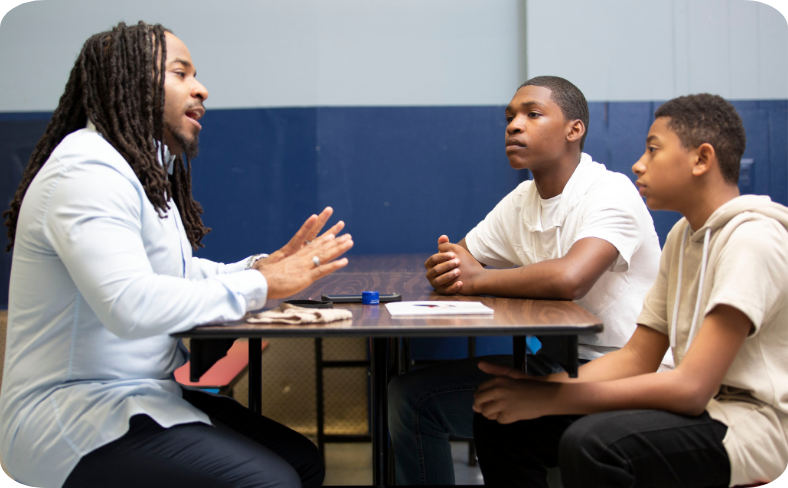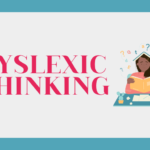No products in the cart.

Adolescence is a time of major change and growth. Friendships become central as teens start to form their own identities and often pull away from their parents. While this shift is a natural part of development, it can also bring challenges.
Mentorship for teens is closely linked to improved classroom performance, offering essential support and guidance during this pivotal stage of their lives. Research shows that mentoring positively impacts adolescents in several key areas, including social-emotional learning, cognitive development, identity formation, and academic outcomes. These mentor-type relationships can be established in extracurricular or academic settings like Strategies for Learning in the form of an Educational Therapist or an Executive Functioning Coach. Here’s why mentorship benefits teens and four tips to help them find the right mentor:
Benefits of Mentorship for Teens
- Fosters Relationships Beyond Family: Mentorship offers teens a chance to form stable relationships outside the family, which is key for development.
- Exposure to New Perspectives and Opportunities: Mentors introduce teens to diverse viewpoints, widening their perspectives of what’s possible
- Meaningful Dialogue: Conversations with mentors help teens build social skills, express ideas, and reflect on different topics.
- Positive Encouragement: Mentors can provide essential support and encouragement which helps to increase teens’ motivation and resilience
4 Tips to Help Your Teen Identify Mentors
- Identify Their Passion: Encourage your teen to reflect on their interests, hobbies, and activities that excite them. Knowing what they’re passionate about can help them find a mentor who aligns with those interests.
- Define Their Goals: Help them consider their personal and academic goals, as well as areas where they’d like to grow. This clarity will guide them in choosing a mentor that’s a good fit.
- Explore Their Network: Suggest they think about individuals in their existing network—teachers, coaches, family friends, or community leaders. Consider individuals who know them well and whom they admire.
- Clarify Expectations: Encourage your teen to be clear about what they’re looking for in a mentor and what they hope to gain from the experience. This will help ensure a productive and meaningful relationship.
Adolescence is a transformative time when supportive relationships are essential to a young person’s development. Mentorship from an Educational Therapist or an Executive Functioning Coach can provide teens with the guidance and encouragement they need to thrive both academically and socially. Learn more about how Strategies for Learning can offer structured mentorship opportunities to help adolescents navigate this crucial period with confidence and resilience!
Written by Joi Ward, SfL Clinician, M.Ed, MA







No comment yet, add your voice below!